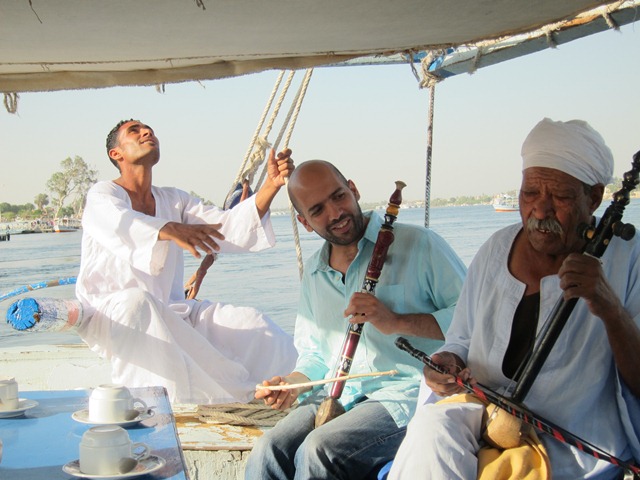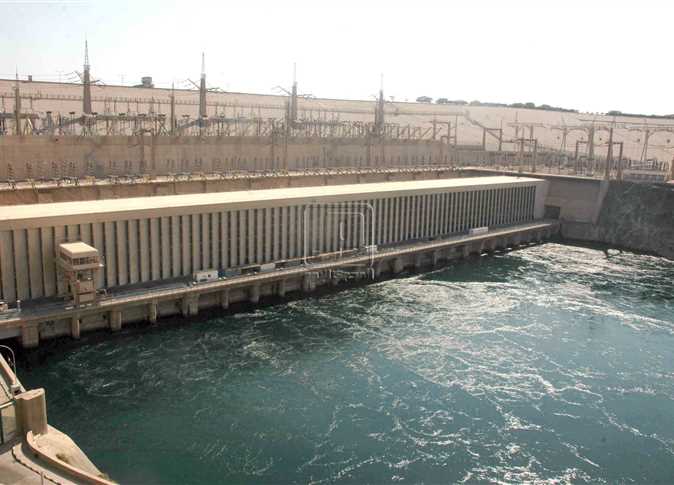
Aiming to inspire, educate and empower citizens to work together to develop innovative solutions addressing the Nile Basin’s environmental, social, cultural and economic challenges, the Nile Project is launching its first event next month — a gathering in Aswan.
The Nile Project was founded in August last year by Egyptian ethnomusicologist Mina Girgis and Ethiopian-American singer Meklit Hadero. They hope to create an intercultural dialogue between the peoples of Nile Basin countries using an innovative approach that combines music, education and an enterprise platform.
Girgis, the executive director, says the project is an invitation to see the river in a new light — not just as a waterway, but as a living organism that holds together a complex network of interrelated ecosystems on which tilapias, egrets, crocodiles and papyrus are as dependent as humans for their survival.
“Unfortunately, most of us who live within this system have no idea what these relationships mean. How do all these worlds affect one another? How do they come together to affect the Nile? And what can we do to help restore the balance of this complex system?” he asks.
It’s also an invitation to work together to understand the Nile as one system in which fishing, irrigation, tourism and transport are intricately connected to climate change, floods, droughts and dams.
The Nile Project gathering will take place at Fekra Cultural Center in Aswan from 10-29 January. There will be four days of strategic planning workshops, followed by a two-week music residency to develop music that can generate empathy and inspire cultural and environmental curiosity.
Musicians from the 11 Nile Basin countries will collaborate to translate this intercultural dialogue into a new body of songs, drawn from the rich and diverse genres, traditions and instruments found in East Africa.
The project’s program includes a Nile tour on a raft made of recycled mineral-water bottles. A collective of musicians and environmental educators will sail down the river from the Mediterranean to Aswan for 35 days, performing concerts and holding participatory workshops to enable local audiences to learn about the Nile’s cultural and environmental fabric.
In addition, an educational initiative will be provided, offering a holistic approach to Nile river ecology and its inhabitants with a multidisciplinary curriculum exploring the history, geography, cultures and ecosystems of the Nile Basin.
“It’s an invitation to learn from the ways nature organizes itself around this river, and the Nile Project musicians collaborate to explore a new sound that is greater than the sum of its parts,” Girgis notes. “I really think the project will provide a good platform for cultivating the critical connections necessary to create a new reality with our environment and an opportunity to think together and take a leap into a more sustainable Nile future.”
This piece appeared in Egypt Independent's weekly print edition




